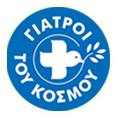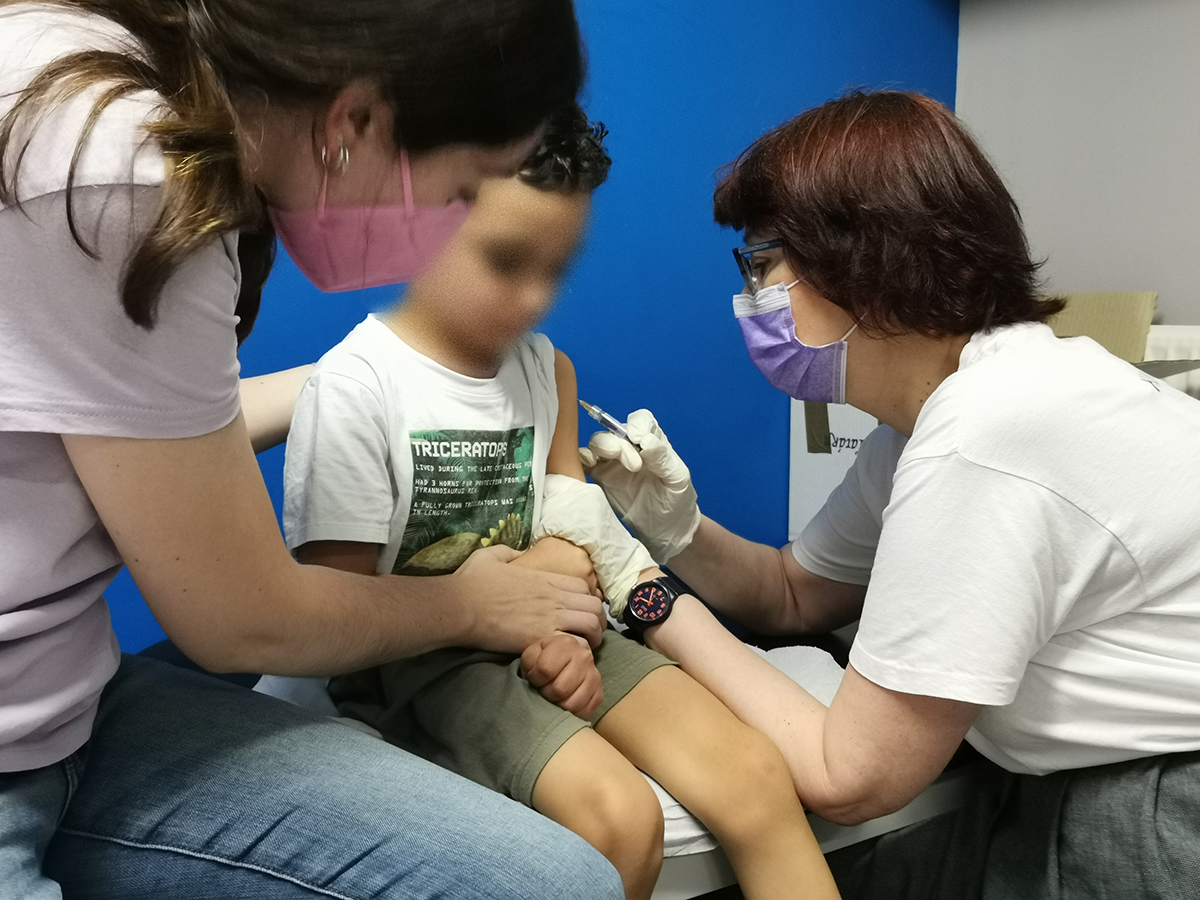“Good morning, we have an appointment today for my daughter. She has multiple congenital problems, she needs an orthopedic and neurosurgeon. In Kiev we had the doctors who have been following us since her birth, but now we only communicate with them via email. We had to do her tests this month and arrange when the surgery will be done. But the war started and we left. We don’t know anyone here. Also, our little girl needs vaccines. And maybe you can help us with baby food. We need medicine and first aid items for the house.”
You begin to make a list of the issues you have to deal with and begin the examination. You prescribe, give medications and essentials and look for an appointment with a specialist when needed. You prepare an information note so that if they visit another doctor, they have with them a detailed description of their needs in Greek. When you suddenly find yourself in a foreign country, nothing is either simple or taken for granted.
“Thank you very much, bless you all and keep up your work! But I would like to ask you to see my other child who doesn’t have an appointment today. He is waiting outside with his grandmother. He has a fever, cough, can’t sleep and can’t eat. We went to the hospital yesterday, had a coronavirus test and it was negative, but we have no instructions on what to do if the cough and fever continue. The truth is that we waited too long for a test, then the child couldn’t take it and we left.”
Lots of times and despite the lack of time you take all the children in the family to an appointment for one child. You can’t say no, you understand how difficult it is to be in a foreign country and have your child sick.
In our open polyclinics, the help that people who visit us receive is critical to their health, so we try to be there for them every time.
Katerina Shtukkert is a paediatrician at the MdM Open Polyclinic in Athens

